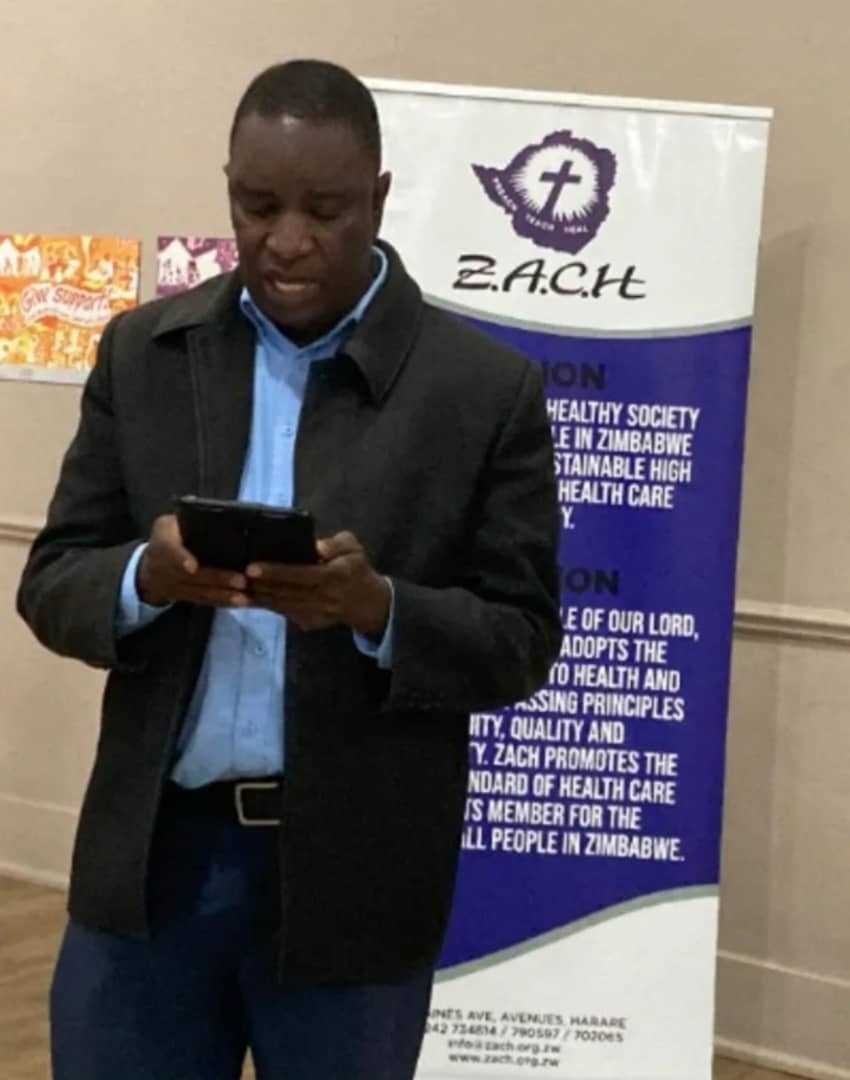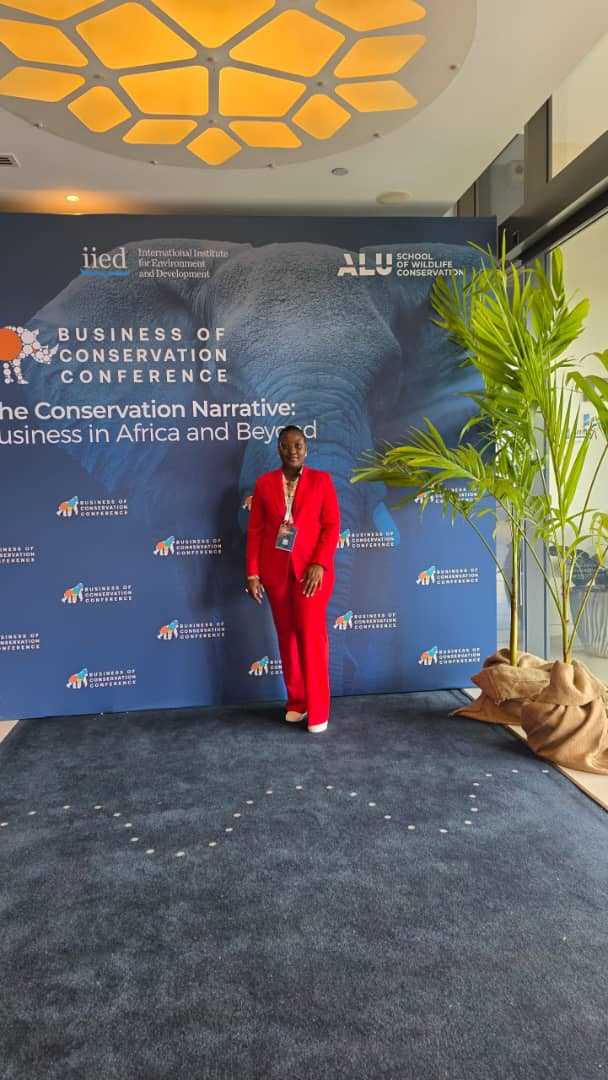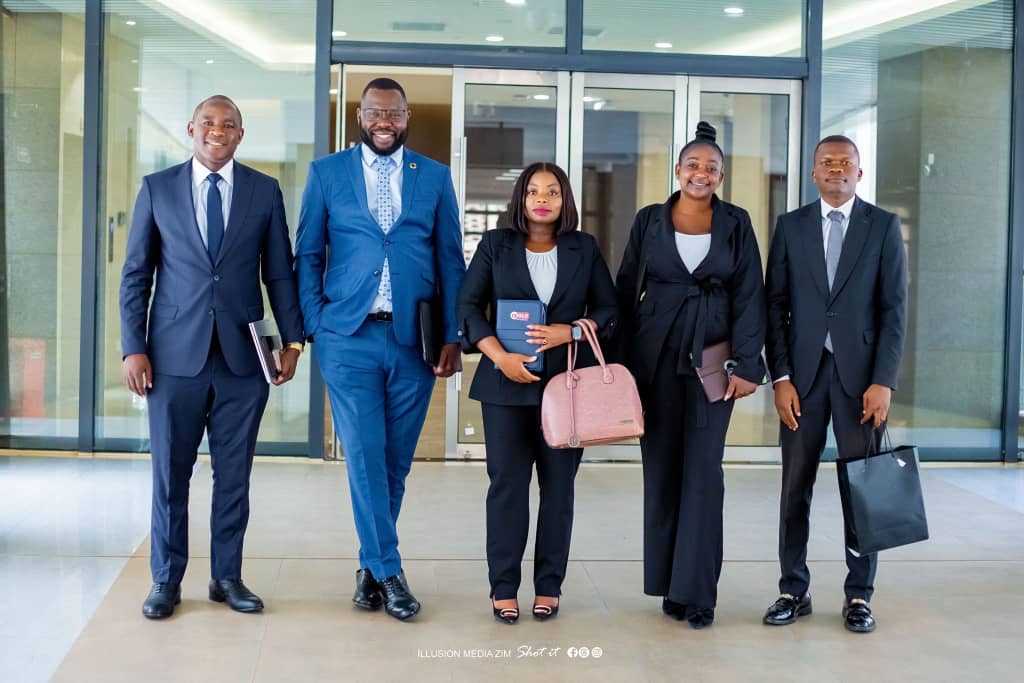
Patricia Mashiri
Zim Now Writer
The Zimbabwe Association of Church-Related Hospitals has introduced the Start, Awareness, Support program to address the pressing challenges faced by adolescent girls and young women in communities. The SASA initiative focuses on reducing gender-based violence, curbing HIV infections, and aligning government policies to better protect women and girls.
Speaking at the Annual National Media Conference, which aimed to highlight key issues emerging from the SASA program, Maxwell Hombiro, SASA Program Officer, emphasized the heightened vulnerability of AGYW to GBV and HIV due to a range of biological, social, and economic factors. He stressed the need for these groups to be prioritised.
"AGYW are at a greater risk of HIV infection and gender-based violence due to intersecting challenges, such as limited access to education, healthcare, and economic opportunities. By focusing on these young women, we can address the root causes of their vulnerabilities and work toward a healthier future for them," Hombiro said.
SASA Program Coordinator, Sukoluhle Dube, highlighted that despite progressive changes, such as the 2020 amendment of the Education Act, which allows pregnant girls to stay in school, stigma remains a significant barrier to their readmission.
Related Stories
"Even though the law now permits girls to continue their education while pregnant, they still face stigmatization within their communities. In many cases, cultural pressures force these girls into marrying the person responsible for their pregnancy," Dube said.
She also pointed out the economic strain on families caring for an additional child, which often leads to young mothers dropping out of school to support their child. Additionally, she noted that access to sexual and reproductive health services, especially contraceptives, remains a challenge for adolescents and young women. Despite having information, community leaders are generally opposed to distributing contraceptives to school-age children.
The SASA program is currently being implemented in six districts across Zimbabwe: Masvingo, Bindura, Kwekwe, Chimanimani, Umguza, and Umzingwane.
By addressing these key issues, the SASA model aims to reduce the vulnerabilities that AGYW face and promote a future where they can thrive with better support and opportunities.




















Leave Comments